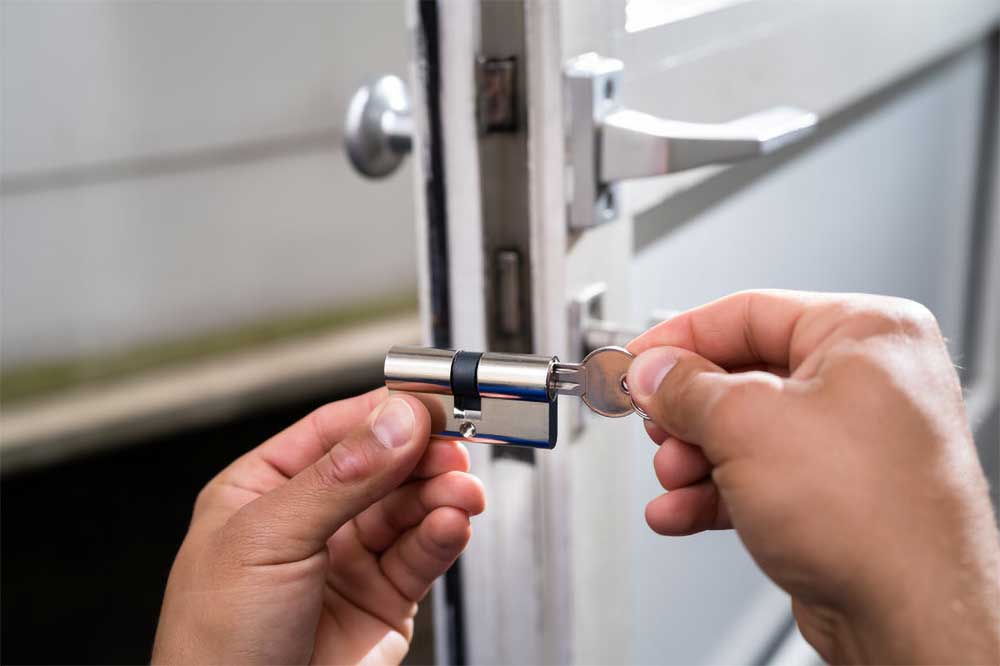Unlocking the Secrets: A Guide to Modern Locksmith Services
Welcome to the fascinating world of locksmith services, where unlocking the secrets of security and access control is both an art and a science. In our increasingly digital and rapidly evolving society, the role of locksmiths has transitioned beyond simple lock and key mechanisms to encompass a wide array of cutting-edge technologies and innovative solutions. From traditional lock installations to sophisticated electronic security systems, locksmiths play a critical role in safeguarding our homes, businesses, and possessions.
Whether you find yourself locked out of your home on a chilly evening or in need of a comprehensive security upgrade for your office building, the skilled professionals in the locksmith industry are equipped with the expertise and tools necessary to address your needs promptly and effectively. With a deep understanding of the latest advancements in lock technology and an unwavering commitment to customer satisfaction, modern locksmith services offer a diverse range of solutions tailored to meet the unique requirements of each client.
Different types of modern locksmith services
There are various specialized services offered by locksmiths to cater to different needs. One common type is residential locksmith services, providing assistance with home locks, key duplication, and security upgrades. Commercial locksmith services focus on securing businesses with high-security locks, access control systems, and master key solutions.
Automotive locksmith services are essential for car owners facing lockouts or needing key fob programming. These professionals can also help with broken key extraction and ignition repair. Emergency locksmith services are available round-the-clock to assist in urgent situations like lockouts, lost keys, or broken locks, providing quick solutions whenever needed.
Advanced tools and techniques in locksmith industry
Locksmiths today utilize cutting-edge technology to enhance their services. One key advancement is the use of electronic lock picking tools, which can decipher complex electronic locks quickly and efficiently. These tools have revolutionized the industry, allowing locksmiths to handle sophisticated lock systems with ease.
Another innovative technique is the use of impressioning tools, which enable locksmiths to create keys for locks without disassembling them. This method is incredibly precise and time-saving, making it a preferred choice for locksmiths when faced with challenging lockouts. Impressioneing tools have significantly increased the speed and accuracy of key duplication.

Furthermore, modern locksmiths are incorporating forensic locksmithing techniques into their practice. Forensic locksmithing involves using scientific methods to investigate locks and keys for legal purposes. This specialized approach is crucial in cases of break-ins, thefts, or other criminal activities involving locks. By staying up-to-date with these advanced tools and techniques, locksmiths can continue to provide high-quality services in today's ever-evolving security landscape.
Tips for choosing a reliable locksmith
It's essential to do your research before hiring a locksmith. Start by checking online reviews and ratings to get an idea of their reputation in the community. Asking for recommendations from friends and family can also lead you to a trustworthy locksmith.
When contacting a locksmith, inquire about their licensing and insurance to ensure they are legitimate professionals. A reliable locksmith should be able to provide proof of these credentials upon request. Additionally, ask about their experience and specialties to make sure they have the expertise needed for your specific lock-related needs.
Finally, consider the pricing and availability of the locksmith before making a decision. While cost is important, prioritize quality and reliability when choosing a locksmith. Make sure to compare quotes from different locksmiths and confirm their availability for emergency situations, as prompt service can be crucial during lock-related emergencies.